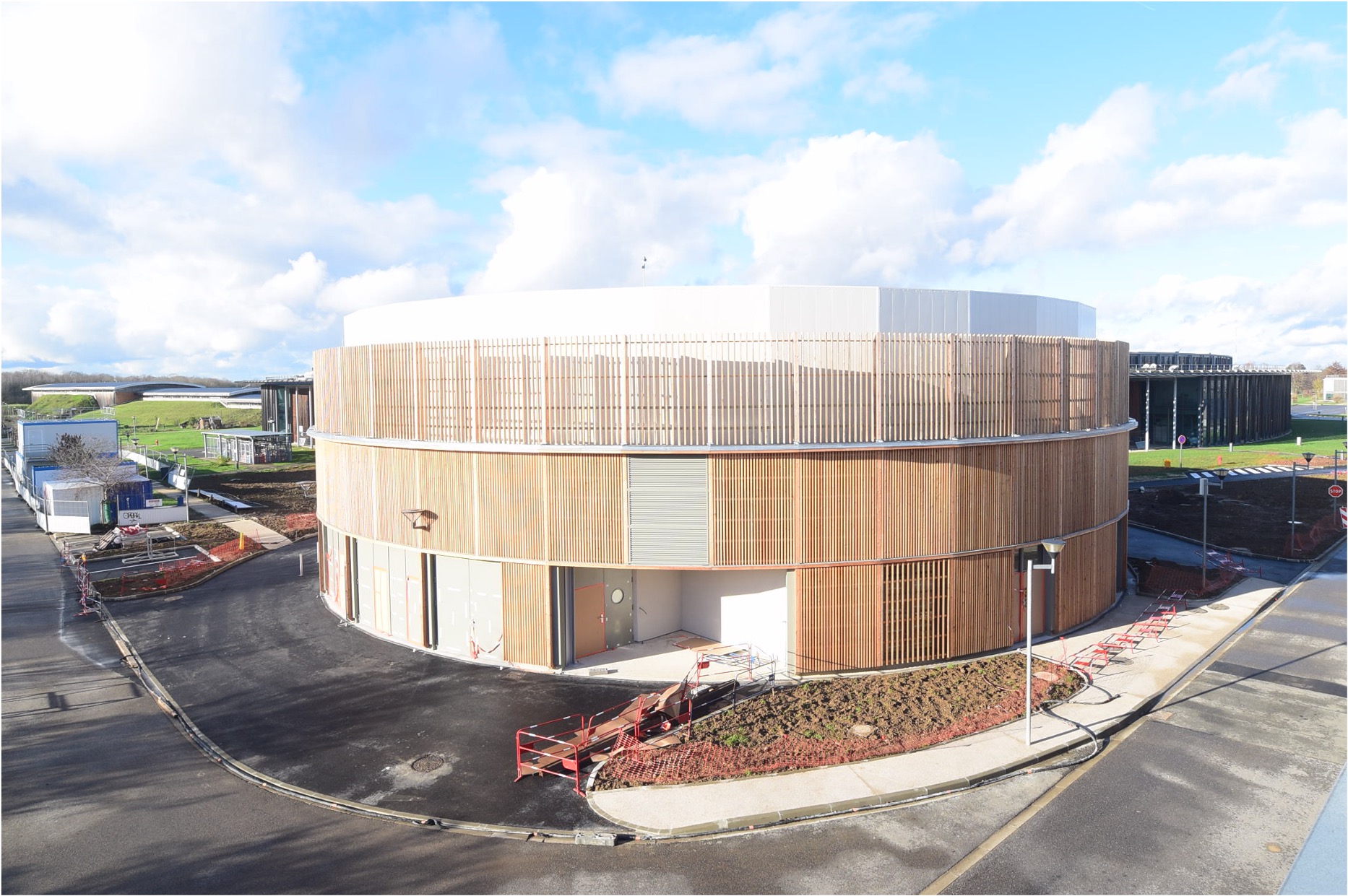Adaptation of SOLEIL's operation to the cost of electricity in 2023
The energy crisis, which is currently affecting the world and has very strong impacts on society as a whole (individuals, businesses, research, administration ...), does not spare SOLEIL, which had to renew its contract for the supply of electricity in 2023.
SOLEIL, in consultation with the CEA and CNRS, has therefore had to make the very difficult decision not to operate the accelerators and the 29 beamlines during the so-called Run 1 period, from January 18 to February 27, 2023. This decision was also made to take part in the national effort to reduce electric consumption during the winter period, which could be critical for the supply of electricity.
The Ministry of Higher Education and Research has been able to grant a complementary budget for 2023 which, combined with the budgetary efforts already made by SOLEIL, will allow it to operate as planned for the rest of 2023.
Users have been informed, in particular those whose projects were planned for Run 1, and new dates will be proposed to them as a priority, in order to carry out their experiments as soon as possible.
In order to carry out the maximum number of experiments, the schedule has been modified and the periods of operation in special modes (1 bunch, 8 bunches, "low alpha"), used by only a few beamlines, will be replaced by "uniform" or "hybrid" modes, which can benefit a larger number of user projects.
In parallel, and in addition to the energy conservation plan that must be implemented in French companies, SOLEIL teams have undertaken to conduct the most detailed study possible of electricity consumption, in order to establish the best strategy for energy savings, while maintaining the performance of accelerators and beamlines over the long term. These efforts are, moreover, essential in the context of global warming and the preservation of the planet.
Thus, by 2023, SOLEIL will have reduced its energy expenditure from 38 GW.h to about 31.5 GW.h, with the cancellation of Run 1 saving about 2.9 GW.h. The remaining 3.6 GWh will be saved thanks to the various energy-saving measures that have been put in place (reduced heating, controlled lighting, etc.).
And, in 2024, the start-up of a new chilled water production station will save an additional 2 GW.h.

